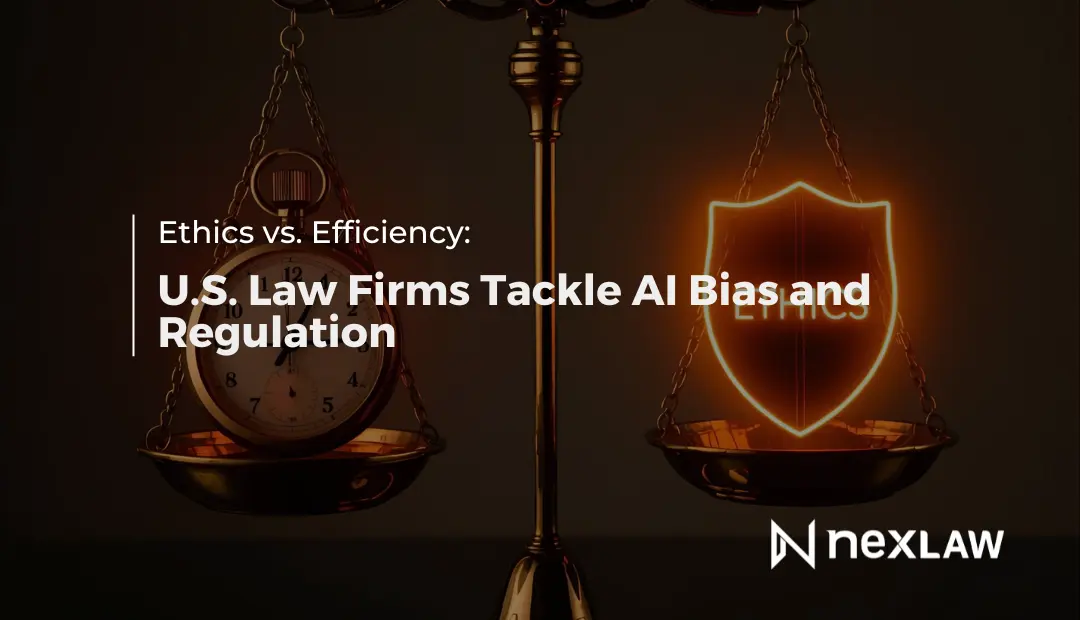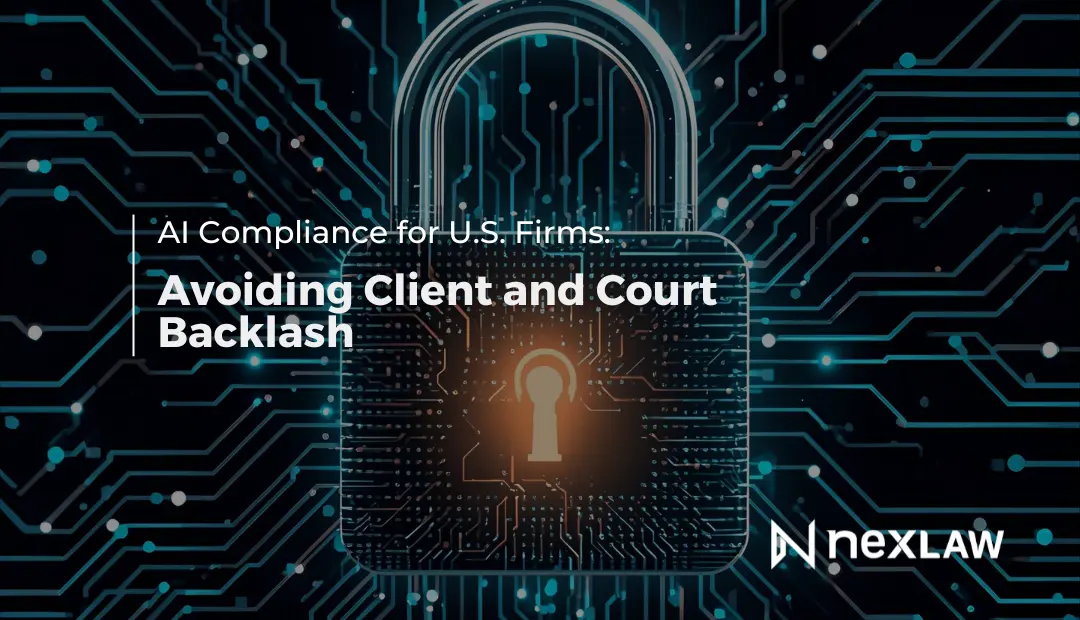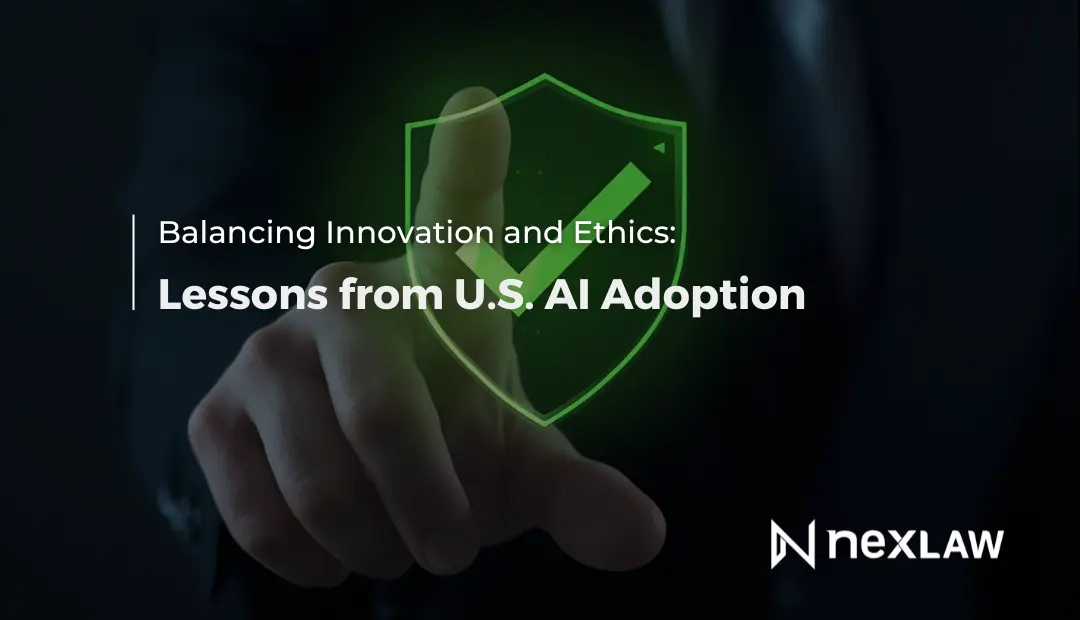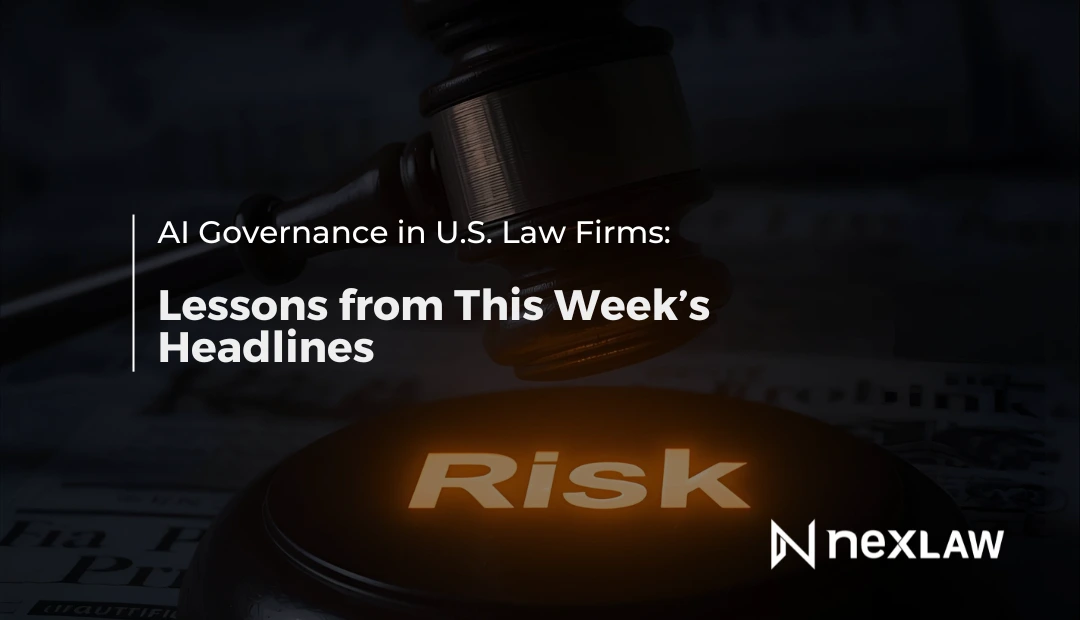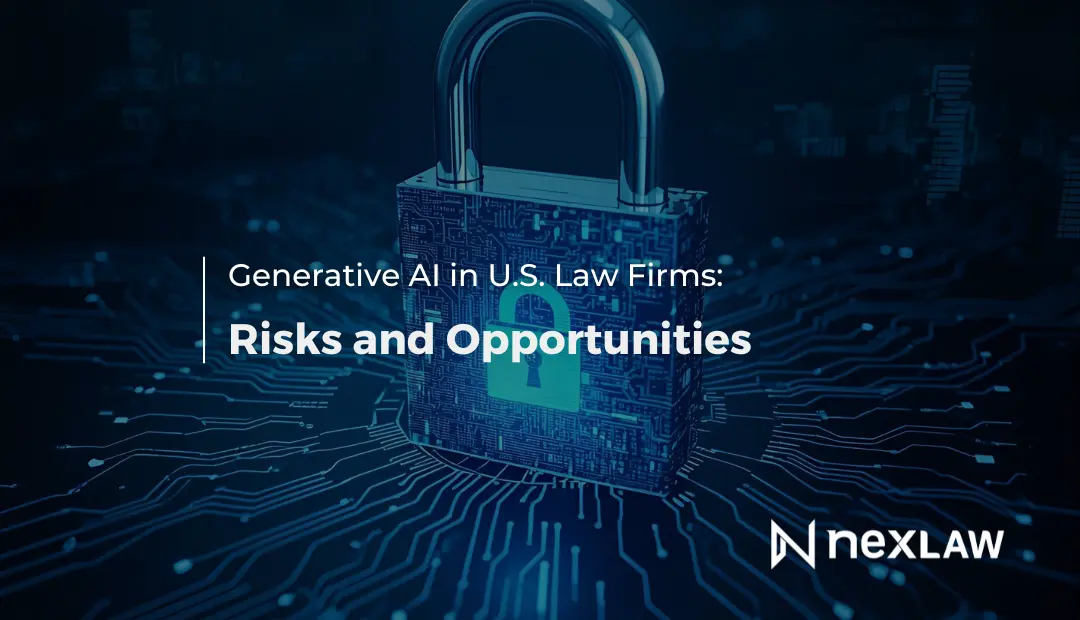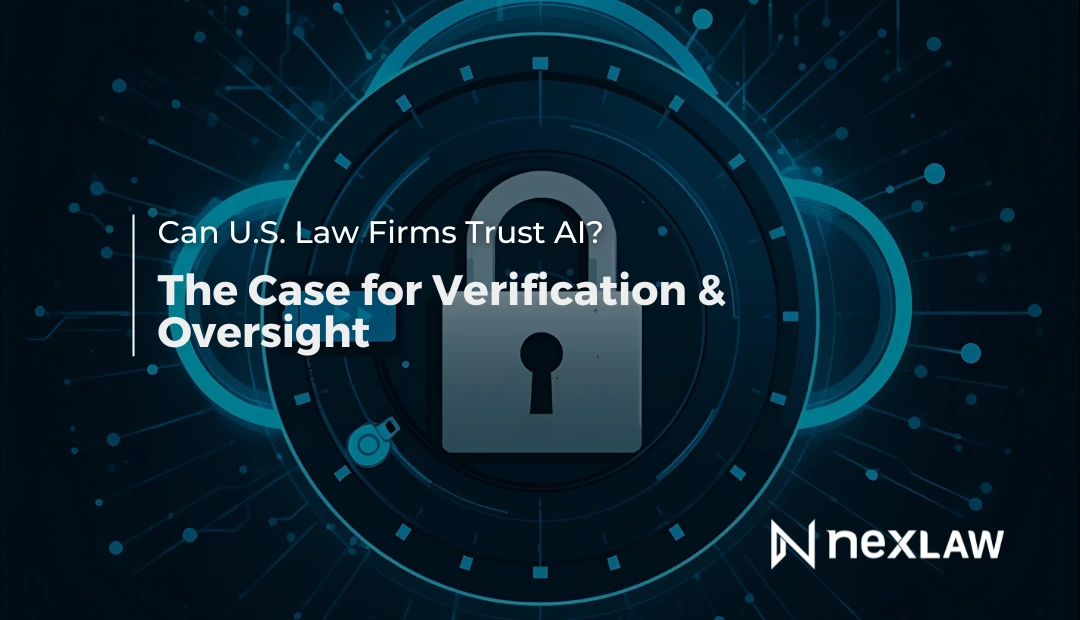Ethics vs. Efficiency: U.S. Law Firms Tackle AI Bias and Regulation
The AI Crossroads for U.S. Law Firms
Artificial intelligence (AI) is reshaping legal practice in the United States. From streamlining legal research and drafting pleadings to supporting case management, AI offers significant efficiency gains. At the same time, law firms face ethical and regulatory pressures to ensure accuracy, fairness, and confidentiality in all AI-assisted processes.
Unlock Legal Insights Instantly!
Balancing these priorities, efficiency and ethics, defines the next era of U.S. legal practice. Firms must adopt tools that accelerate work without introducing risks of bias, misinformation, or breaches of professional standards.
AI Adoption in Legal Practice
AI tools are increasingly integrated into law firm workflows. Common applications include:
- Legal Research: Summarizing statutes, case law, and regulatory guidance.
- Document Drafting: Preparing contracts, pleadings, and memoranda efficiently.
- Workflow Automation: Managing discovery checklists, deadlines, and repetitive administrative tasks.
While general-purpose AI models, such as ChatGPT or Anthropic Claude, can perform these tasks, they were not built specifically for the legal context. Their outputs may be fluent and coherent, but they can also contain errors, hallucinations, or biased information. For sensitive legal matters, these risks can have significant professional consequences.
Understanding AI Bias in Legal Contexts
AI bias occurs when models generate outputs that reflect inherent biases in their training data. In legal practice, bias may appear as:
- Misrepresentation of case law or precedent
- Reinforcement of societal stereotypes
- Uneven or inaccurate interpretations of statutes or regulations
Even subtle biases can affect legal strategy, client communications, and risk management. Ethical AI use requires careful evaluation of model outputs, human oversight, and specialized tools trained on verified legal data.
Regulatory and Ethical Considerations
The legal sector operates under strict professional and ethical rules. Key considerations when using AI include:
- Accuracy: AI-generated content must be verified before use in filings or client advisories.
- Confidentiality: Attorneys are responsible for protecting client information from exposure, in accordance with attorney-client privilege.
- Professional Judgment: AI should support, not replace, attorney decision-making.
- Compliance: Firms must stay aware of evolving federal and state guidance on AI use.
Law firms that integrate AI without addressing these considerations may face ethical scrutiny, reputational risk, or regulatory challenges.
Limitations of General AI Models
General AI platforms like ChatGPT, Anthropic Claude, and Google DeepMind Gemini have strengths in language generation and reasoning. However, for U.S. legal practice, these models have key limitations:
- Prone to Hallucinations: Outputs may appear correct but contain fabricated references or case law.
- Data Privacy Risks: Inputs may be used to improve the AI model, potentially exposing sensitive client data.
- Lack of Legal Specialization: Models are trained broadly and may not reflect verified legal sources or jurisdiction-specific laws.
These limitations make general AI tools suitable for exploratory research or drafting informal content but not for client-facing legal work or litigation support.
How Specialized Legal AI Supports Law Firms
Specialized platforms like NexLaw AI are purpose-built for legal professionals, addressing the challenges of general AI while providing measurable efficiency gains. Key advantages include:
- Verified Legal Data: Outputs are generated from curated, reliable sources such as statutes, case law, and regulatory guidance, reducing the risk of inaccuracies.
- Confidentiality by Design: NexLaw AI complies with attorney-client privilege and privacy standards, ensuring sensitive information is secure.
- Ethics Integration: Platform design aligns with professional ethics, including ABA guidance on AI use in law.
- Litigation-Focused Workflows: From drafting motions to organizing discovery and pleadings, NexLaw AI is optimized for litigation tasks.
- Enhanced Efficiency: Automates repetitive or time-consuming tasks while keeping human oversight central.
By integrating NexLaw AI, law firms can adopt AI confidently, knowing it supports compliance, protects clients, and improves operational performance.
Practical Steps for Law Firms
To implement AI safely, law firms can take several proactive measures:
- Select Specialized AI Tools: Avoid general-purpose AI for client-facing or critical legal tasks.
- Institute Internal AI Governance: Require human review of all AI outputs, and establish clear guidelines for acceptable use.
- Monitor Regulatory Guidance: Stay informed on federal and state initiatives regarding AI ethics, bias, and confidentiality.
- Train Legal Teams: Educate attorneys and staff on AI capabilities, limitations, and responsible usage.
These steps help firms balance efficiency gains with the ethical and legal obligations of practice.
Why NexLaw AI Stands Out
In contrast to general AI tools, NexLaw AI provides a litigation-centric solution for U.S. law firms:
- Accuracy Over Speed: Ensures outputs reflect verified legal sources.
- Confidentiality by Design: Secures client data, unlike cloud-based general AI platforms.
- Ethics and Compliance: Embeds ethical guidance aligned with ABA and state bar rules.
- Workflow Integration: Supports every stage of litigation, including discovery, drafting, and case management.
With NexLaw AI, law firms can achieve both efficiency and compliance, minimizing risk while maximizing productivity.
Preparing for an AI-Driven Legal Landscape
AI will continue to shape the practice of law in the coming years. Law firms that integrate specialized AI responsibly will benefit from:
- Faster, more accurate research and drafting
- Reduced administrative burden
- Improved client service and responsiveness
- Compliance with ethical and regulatory standards
By combining human expertise with purpose-built AI, firms can maintain professional integrity while embracing the advantages of technology.
Conclusion
The rise of AI in U.S. law firms presents a crossroads: efficiency versus ethics. General AI models may assist with drafting or summarizing content, but they are not tailored to legal workflows and carry risks of hallucinations, bias, and confidentiality breaches.
Specialized legal AI, like NexLaw AI, provides a safe, reliable, and efficient solution. Trained on verified legal data, aligned with ethical standards, and designed for litigation workflows, NexLaw AI empowers law firms to integrate AI responsibly while protecting clients and upholding professional obligations.
Attorneys and legal teams that choose specialized AI tools position themselves to navigate the evolving AI landscape confidently, combining technological innovation with ethical, accurate, and client-focused legal practice.
Lawyers who embrace AI today are shaping the legal profession of tomorrow. Whether you’re part of a litigation team, a solo attorney, or a paralegal eager to expand your role, NexLaw makes it possible.
NexLaw is designed to help paralegal and attorneys—solo or from small and mid-size—prepare cases more efficiently, with greater accuracy and strategic insight.
Book a Guided Demo — See how NexLaw fits seamlessly into your practice and transforms your workflows with a quick walkthrough
You can either start your free 3-day trial (no card required) or 7-day trial (card required) to get hands-on right away — Explore NexLaw risk-free and experience firsthand how AI can enhance efficiency, accuracy, and client satisfaction.
*t&c applied | visit our website for more details
With NexLaw, the future of litigation is here - AI-powered, accurate, and accessible.
